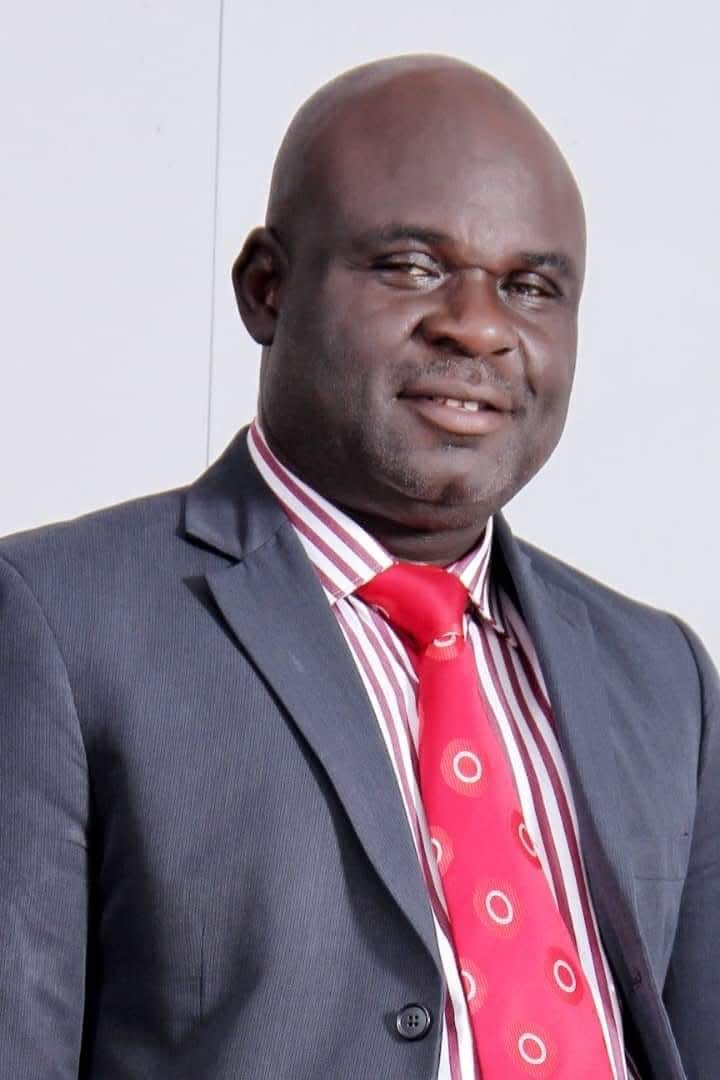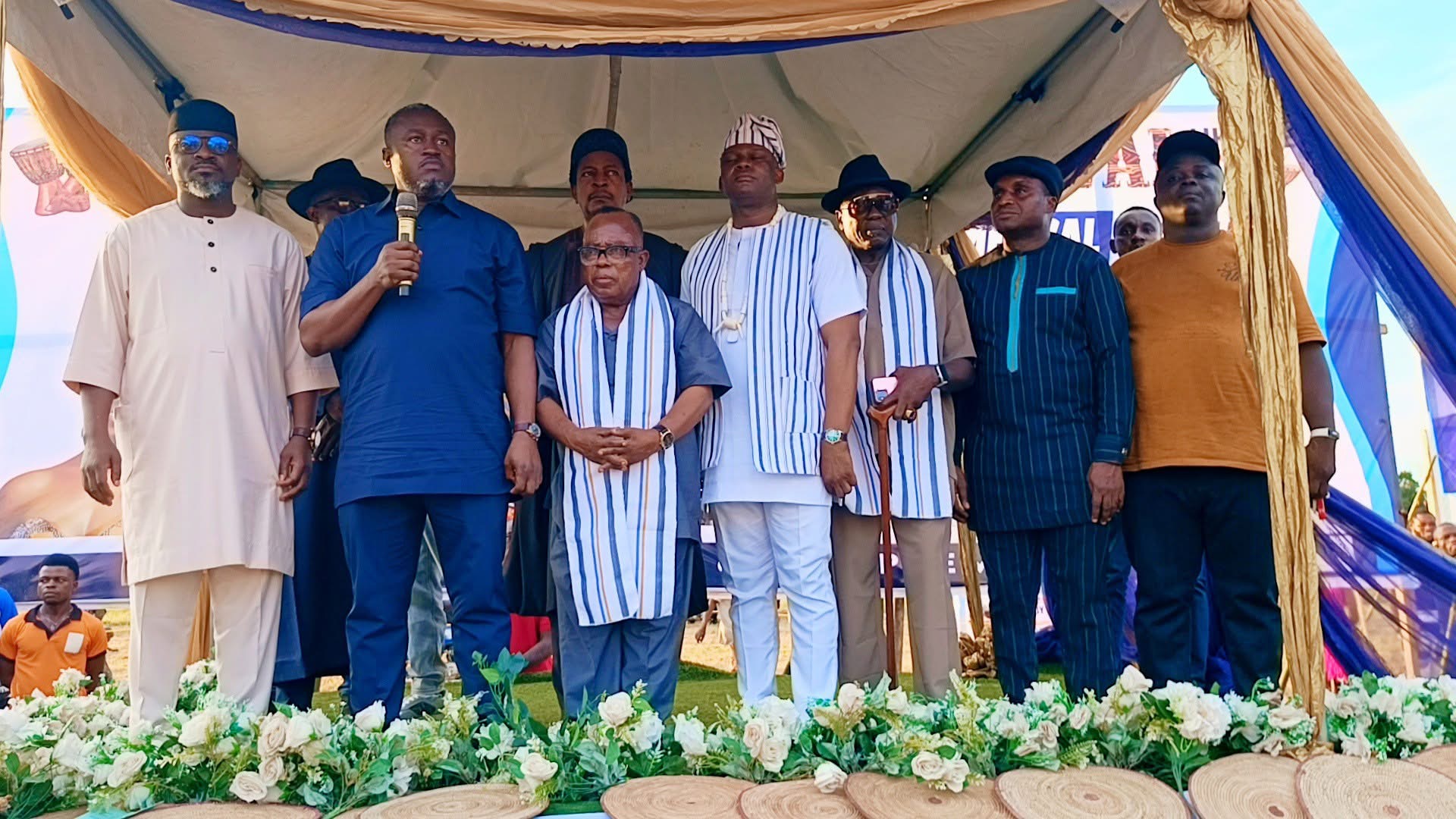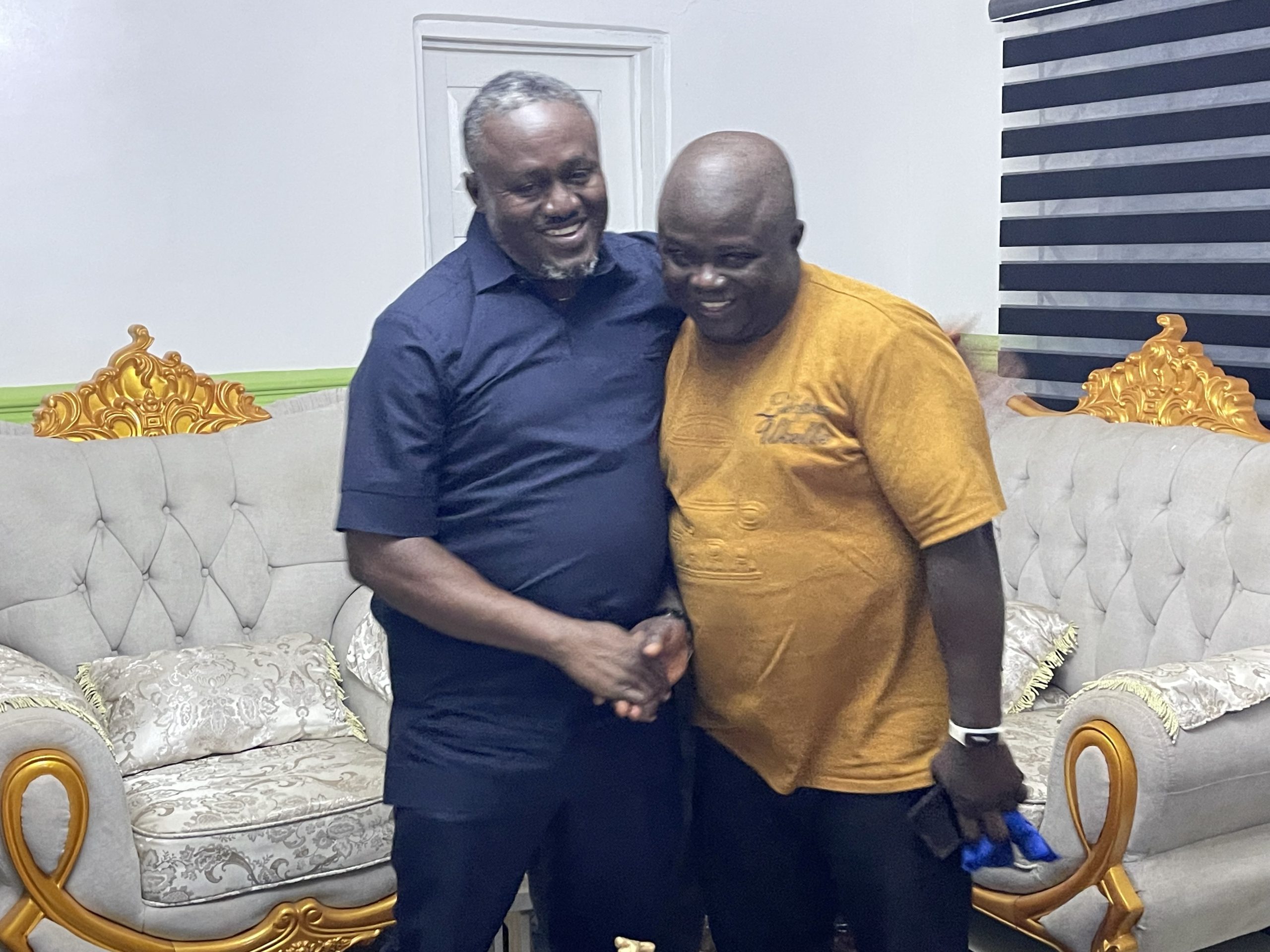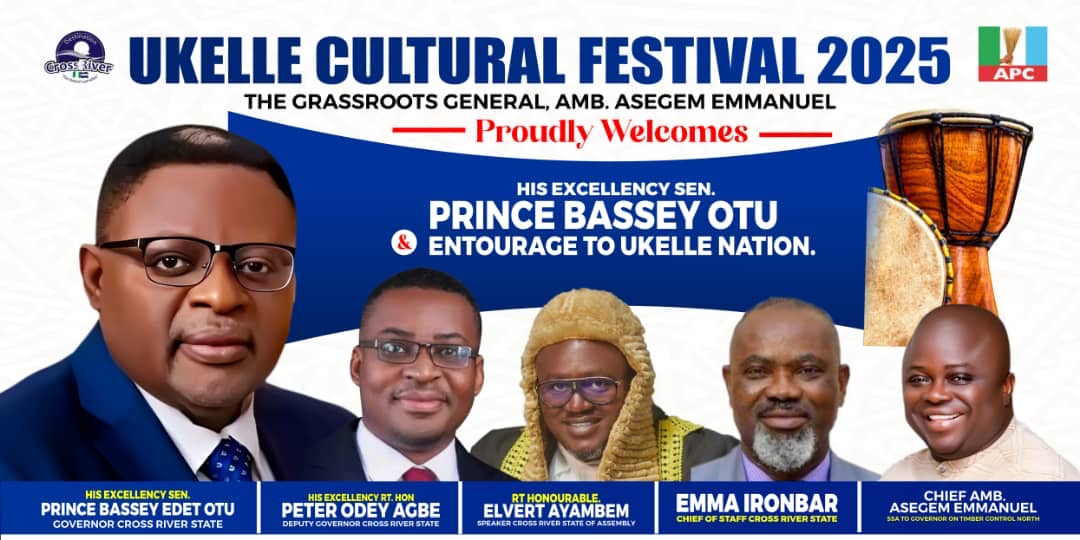The former Registrar of the University of Calabar, Amb. Gabriel Egbe, has called for a review of the appointment process of Vice Chancellors in Nigerian universities, emphasizing the need for a merit-based system over ethnic and political considerations.
Egbe made this statement during an interactive forum organized as part of the University of Calabar’s 50th-anniversary celebrations. Speaking on the topic “The University of Calabar at 50: The Dynamics of Its Workforce,” he expressed concern over how the selection of Vice Chancellors in Nigeria has been reduced to a process influenced by tribal and political factors, rather than academic excellence and leadership qualities.
“In the 70s, herevin Unical, we had Vice Chancellors like Prof. Emmanuel Ayandele, Prof. A.B. Mohammed, and Prof. Isa B. Mohammed, and even foreigners leading some universities. These were times when a university was truly universal in nature,” Egbe stated. “Today, we hear of zoning arrangements where Vice Chancellors are appointed based on ethnic or community considerations rather than competence. It has become a cycle yesterday, it was the turn of your village; today, it is the turn of my community. How did we get here?”
He lamented that instead of leveraging the appointment of Indigenous Vice Chancellors to foster institutional growth, many have turned their focus toward favoring their communities, often recruiting individuals without the required skills or qualifications. This, according to him, has negatively impacted the quality of Nigeria’s university workforce.
Egbe suggested that Vice Chancellors should be deployed to universities outside their immediate regions to prevent sectional biases and encourage fairness in administration. He urged the Federal Government to allow university governing councils to select Vice Chancellors based on approved guidelines; after which, the Federal Ministry of Education should redeploy them to institutions in different geopolitical zones.
“This approach will not only reduce the tension and pressure associated with Vice Chancellor’s appointments, but also promote transparent, accountable, and effective governance in our universities,” he added.
Beyond the selection of Vice Chancellors, Egbe highlighted additional workforce challenges, including an aging workforce due to falsification of age, which hinders knowledge transfer and innovation. He pointed out that some lecturers rely on outdated notes and struggle to adapt to modern technology, resulting in students being more technologically advanced than their instructors.
He also criticized the poor attitude of some staff, of the university, urging them to show greater dedication to their work.
Egbe’s remarks added to the broader discussions during Unical’s 50th-anniversary celebrations, where stakeholders reflected on the institution’s history and the need for reforms to strengthen its workforce and academic excellence.










